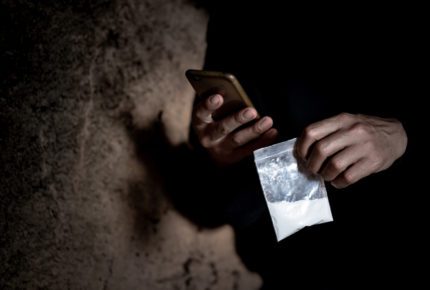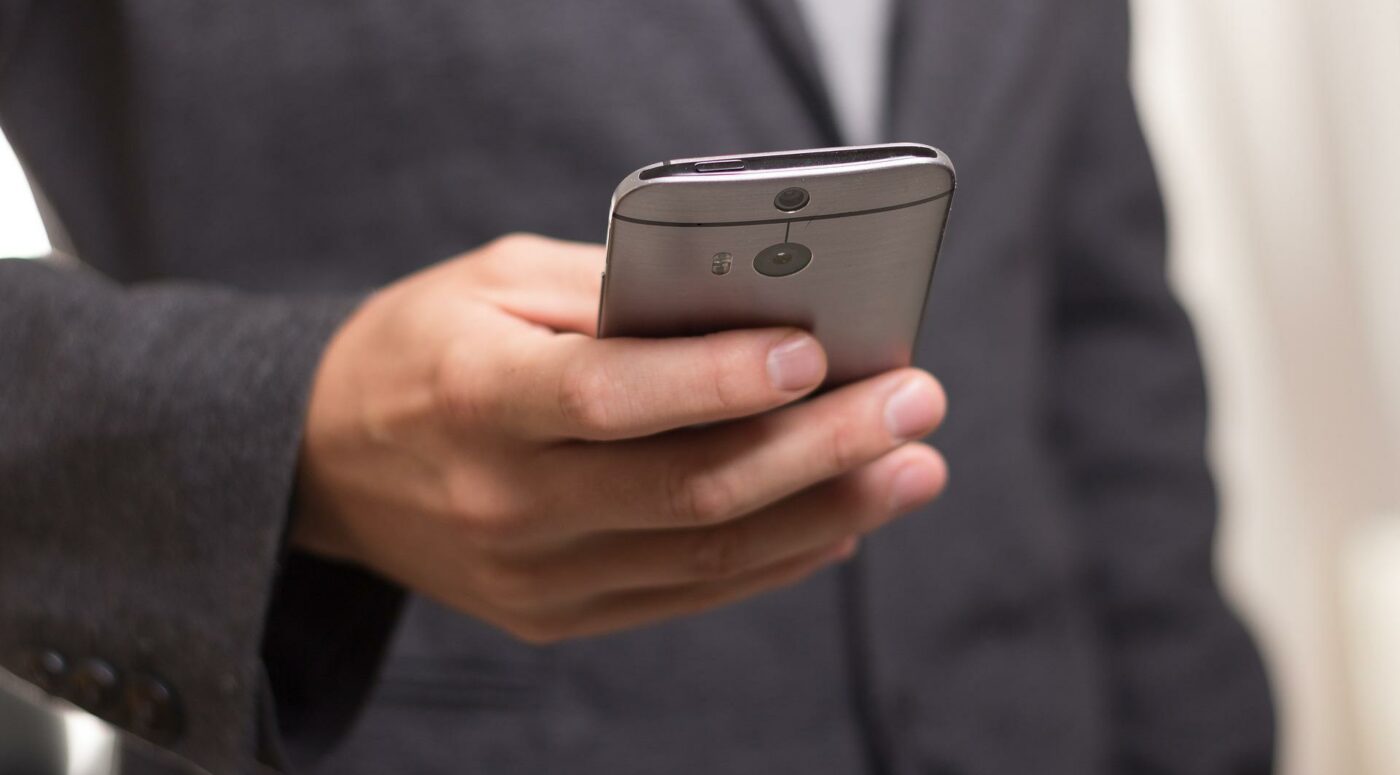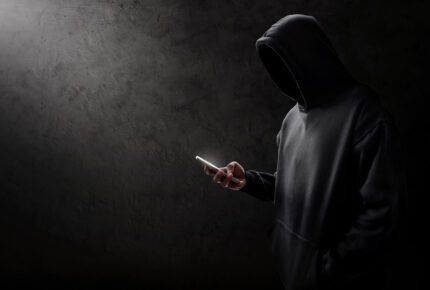

Nowadays, everyone seems to be glued to their phones so it is no wonder that people get so anxious when the police threaten to take, or actually take, their devices. We all hold a lot of personal and professional information on our mobile phones and if you are worried about what might happen if the police confiscate your phone, you are not alone. In this article, we share answers to some of the most common questions asked about police powers of confiscation and what they can actually do once in possession of someone’s mobile phone. If you need more help, we share information on how to engage a solicitor at the end of this post.
What happens when the police take your phone?
When the police confiscate your phone, they can extract information only under certain conditions. Regulations exist to ensure that extraction is justifiable, proportionate, and in accordance with the law. Police must also ensure that the processing of personal data adheres to the principles of legality, fairness, relevance, accuracy, and security.
According to Codes of Practice, the processing of sensitive data is only permitted in specific cases, with consent from the data subject, or when it is strictly necessary for law enforcement purposes.
Once the police have your phone, it is rarely clear exactly when you will get it back (or if you will ever get it back, in the most serious of cases). Police investigations can take a long time and police will hold any evidence they deem relevant for a potential trial, too, so it may be months or even years before you get it back in some cases.
In less serious cases, the police will return your phone within a few days if they have everything they need and they do not suspect you are using the phone for criminal activity.
Can police access WhatsApp?
WhatsApp employs end-to-end encryption, ensuring that messages cannot be intercepted by the police. Nevertheless, WhatsApp retains the ability to gather data and collaborate with law enforcement agencies to identify, investigate, and deter unlawful actions, as well as to comply with legal procedures.
Can police see Snapchat messages?
Like WhatsApp, Snapchat messages are sent with end-to-end encryption, which means they are private, but the police may be able to request that Snapchat shares your data with them and Snapchat is obliged to comply in many circumstances.
How did the police get my phone number?
Sometimes the police have your number on file from previous communications or interactions that you have had with them, and sometimes they are able to obtain your phone number from telephone service provider companies if they have a warrant. The police may also obtain your number from other public record databases.
How can I find out what information the police hold on me?
You are entitled to know what information, specifically personal data, the police have about you. This is a legal right that is granted under the Data Protection Act of 2018. The police are not, however, obligated to give you any information about evidence they may have against you, or what somebody else may have said about you during an investigation. You are perfectly entitled to ask the police these questions, but it is unlikely that you will actually get a response in most cases. This is because the police want to ensure that any information they have is kept confidential and as secure as possible throughout the investigation process, in case any release of such information would jeopardise their investigations.
How do I get my phone back from the police?
You will not be able to get your phone back from the police until they have finished investigating the device. In some cases, even after this, you will still not be able to have your phone back. This is because phones are used in trials as evidence, and the police also may want to confiscate your phone permanently if they believe that it is being used, or could be used, for criminal activity.
If the police are willing to release your mobile phone, you will usually receive a letter from them stating that they have finished their investigation of the device and that you can pick up the device from a certain location after a certain date.
Unfortunately, asking for your mobile phone back will not actually do anything to speed up procedures. It is, regrettably, just a waiting game. The only way that you can potentially get your phone back sooner is by engaging a solicitor to enquire as to the progress of the investigation on your behalf, and in some cases, the police are more responsive.
What can the police do with an IMEI number?
With your IMEI number, the police can track the exact handset you used, even if you change SIM cards. Once your identity has been linked to a particular IMEI number, the police are able to track your whereabouts quite easily if the phone is in use.
How do police track phones?
The police can track phones through telephone service provider companies, through IMEI numbers, and through SIM cards. Smartphones that have GPS enabled are also much more readily tracked by the police due to data being sent to satellites.
Can police recover data after factory reset?
While it is much more difficult to recover data from a phone after a factory reset, it is certainly possible for the police to access that data in many circumstances.
What do police look at on your phone?
The police are able to look at any data on your phone that they believe may be relevant to an investigation. This could include text messages, emails, photographs and videos, and any app data that you have.
Can police track no caller ID?
It is difficult to track a no caller ID or withheld number, but it is possible. Under the Investigatory Powers Act 2016, the police can track a withheld number with the approval of a senior officer. If they are able to access data, they can typically discover the phone number, IMEI of the handset, top-up history on Pay-As-You-Go phones, and some device usage history.
How much information can the police get from your phone?
The advanced forensic technologies used by the police give their teams the ability to extract basically any type of information from your phone, including how you use your phone, when you use your phone, and what you use your phone for.
Can police check phone messages?
Yes, with a warrant, the police can check your phone messages. If for whatever reason they are not able to obtain the message data from the handset itself, they are able to approach telephone service providers and email and social media providers to get access to your messages. The police are also able to get your deleted messages.
What can phone forensics find?
With today’s highly advanced technologies, the police are able to find just about any data that you have had on your phone. This can include everything from text messages and emails to photos and videos.
The police are also able to access data that is held within specific applications, such as social media apps or banking apps, and they are able to recover most deleted data.
While it may be more difficult for the police to track encrypted messages, they are able to approach service companies, such as Meta (who own Facebook, Instagram, WhatsApp, and others) and ask them to share data for the purposes of criminal investigations.
How long does a forensic examination of a phone take?
There is no minimum or maximum amount of time that a forensic examination of a phone can take, generally speaking. Instead, the amount of time that the police will have your phone depends on the investigation, how easy or difficult it was for them to access the data on the device, the availability of forensic teams, whether the evidence needs to be retained for evidence, whether there were multiple linked devices that complicate data extraction, whether they need to approach telephone service provider companies or other technology companies to access your data, and several other factors.
Typically, you will not be given an estimate of how long your phone will be held. This is because the police may not actually know whether they need to keep your phone for an extended period of time until they have actually completed the investigation.
Where to get more help
Getting help from a qualified solicitor as early as possible is one of the best things you can do if you want to be able to keep hold of your phone, or prevent the police from accessing the data on it. The police do have quite wide-ranging powers when it comes to confiscation, but they must also follow strict procedures in handling someone’s personal data, and accordingly, there is a lot that a solicitor can do to assist you in ensuring that your device is handled properly and your data is accessed only within the limits of the law. For more information on how a solicitor can help, get in touch with the team at Stuart Miller Solicitors today.
OUR COMMITMENTS TO YOU:
-
Responsive
A legal expert will consult you within 24 hours of making an enquiry.
-
Empathetic
We will always treat you with trust, understanding and respect.
-
Specialised
Your case will be handled by an expert who specialises in your type of offence.
-
Proactive
We will take early action to end proceedings as soon as it is practically and legally possible to do so.
-
Engaged
You will be kept updated on your case at all times. We will provide a named contact available to answer your questions.
-
Caring
We understand this is a difficult and stressful time for you and your family. Our team will support you every step of the way.
-
Tenacious
We will never give up on your case. We fight tirelessly to get you the best possible outcome.

